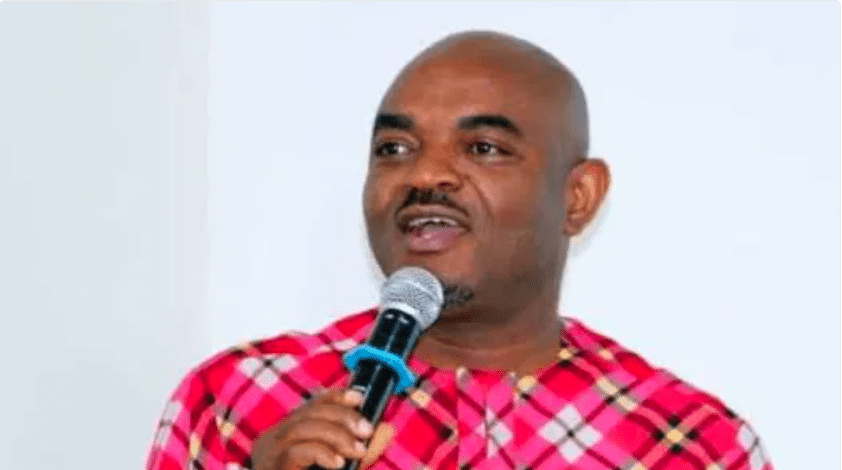The recent appointment of Professor Ibibia Lucky Worika as the Secretary to the Rivers State Government has generated reactions from various quarters, particularly within the Ijaw and riverine communities where he belongs (Ogu/Bolo LGA, which is part of the Wakirike ethnic nationality, now referred to as the Eastern Ijaws). Given the prevailing political turbulence in Rivers State, it is understandable that concerns have been raised about his decision to serve under the Sole Administrator, Vice Admiral Ibok-Ete Ibas (Rtd.). However, a closer look at the circumstances of his appointment, his motivations, and the demands of his new role reveals that his acceptance is a call to service, not an act of betrayal.
Worika’s appointment was not a product of political manoeuvring but the result of a rigorous selection process.
Some Ijaws are castigating him without finding out from him what transpired. The truth is it was a rigorous, competitive interview process that brought about his emergence. Obviously, if he had belonged to any political camp, it is doubtful that his interviewers would have selected him, considering that part of the mandate of the Sole Administrator was to restore law and order while ensuring a smooth and harmonious transition to a sustainable democracy.
This indicates that his appointment was not politically motivated but rather based on his competence, neutrality, and vision for resolving the political deadlock in Rivers State. At a time when the state is deeply divided, having a credible and experienced professional with no political allegiance is crucial in charting a way forward.
Worika is not new to governance, law, and public service. His distinguished service in academia (University of Port Harcourt and Rivers State University), international corporate practice (the Organisation of Petroleum Exporting Countries, and the Commonwealth Secretariat, London), including high-level policy advisory roles, are evidence of his professionalism. He has served in various capacities where his expertise in law and governance has been invaluable. His appointment as SSG is not about political patronage but about leveraging his wealth of knowledge and experience to stabilize Rivers State and facilitate an objective resolution of its current crisis.
It is important to clarify that accepting this role does not equate to betraying the Ijaw people or the riverine communities. Instead, it is a courageous step toward understanding and addressing the root causes of the political impasse while charting a trajectory for a sustainable resolution of the crisis.
One can only imagine the dilemma that he would have faced in deciding whether or not to accept the appointment. Recall that his parent professional association, the Nigerian Bar Association had condemned the President’s declaration of a state of emergency as unconstitutional, while his umbrella ethnic association, the Ijaw National Congress, which the Wakirike National Congress is an affiliate, has equally condemned the declaration of a state of emergency and called upon the President to reverse it.
Against this backdrop, it is a mark of courage and principle to accept to serve for the good of Rivers State.
This is the mindset of a statesman, not a politician. His decision was not about personal gain or political alignment but about finding solutions to a crisis that threatens the stability of Rivers State.
Worika’s appointment should not be viewed through the narrow lens of politics but through the broader perspective of state-building and conflict resolution. The current political crisis in Rivers State requires individuals with the intellect, neutrality, and experience to facilitate dialogue and governance. His position as SSG places him in a strategic position to mediate, advise, and push for policies that will restore peace and stability.
At this juncture, what Rivers State needs is healing, not more division. Worika’s presence in government offers a window of opportunity to push for reconciliation and ensure that the interests of all ethnic groups, including the Ijaws, are well represented.
Instead of viewing his appointment as a betrayal, the Ijaw and riverine people should see it as an opportunity to have a voice inside the administration—a voice that understands the stakes and will work towards a just resolution. Criticising him without fully understanding the circumstances only serves the interests of those who want Rivers State to remain in chaos.
The priority now should be how to move Rivers State forward. Worika has taken up this challenge not for personal gain, but to serve. His track record, neutrality, and expertise make him well-positioned to contribute meaningfully to resolving the political deadlock.
•Deinma Afiesimama, an Ijaw ethnic nationalist, writes from Port Harcourt, Rivers State







